Title: Unlocking Vitality: The Top 10 Vitamin B1-Rich Foods for Optimal Health
Introduction:
Vitamin B1, also known as thiamine, plays a pivotal role in maintaining proper nerve function, metabolism, and overall energy production within the body. While it's crucial to ensure an adequate intake of this essential nutrient, it's equally important to obtain it from natural food sources to benefit from the synergy of other vitamins, minerals, and antioxidants. In this comprehensive guide, we explore the top 10 food sources abundant in Vitamin B1, along with their additional nutritional benefits.
Whole Grains:
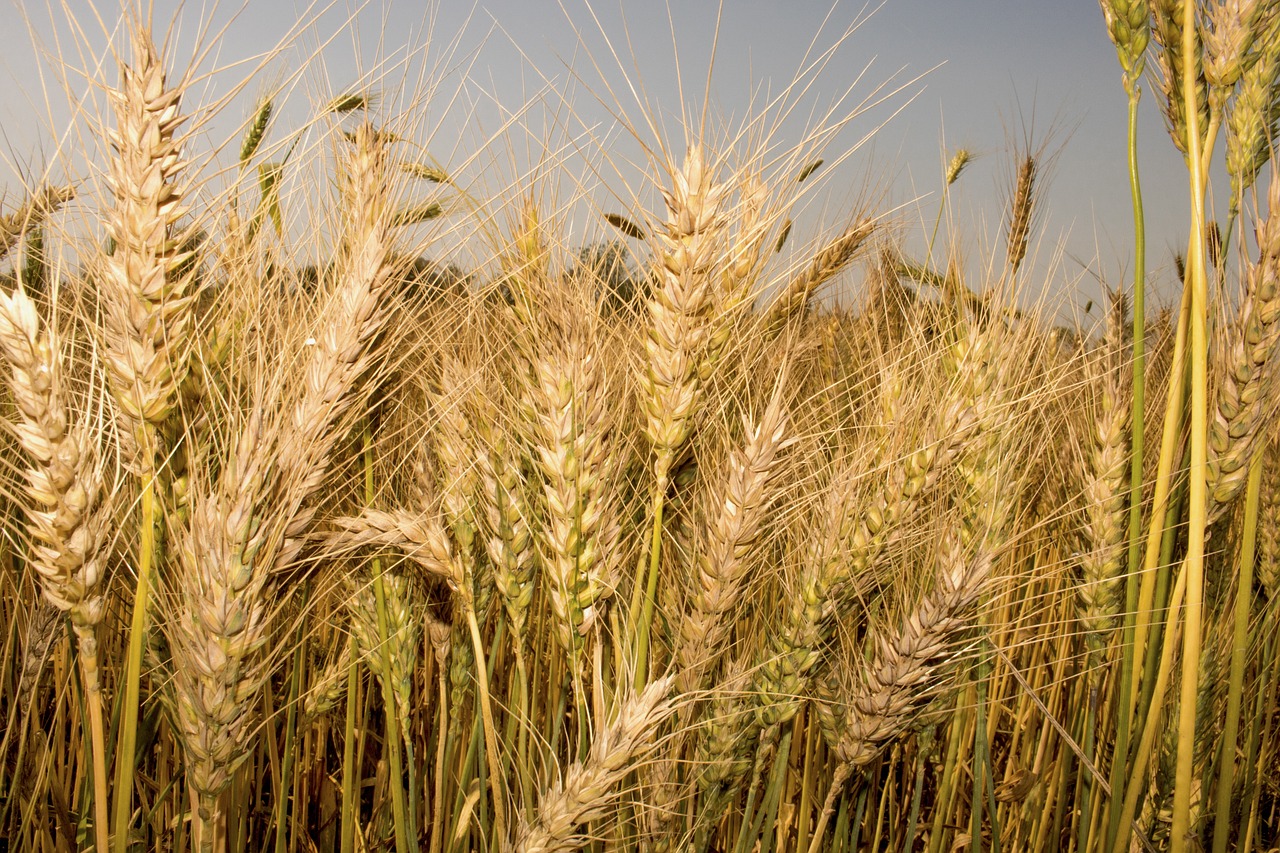
Whole grains such as brown rice, oats, and quinoa are excellent sources of Vitamin B1. Beyond thiamine, these grains offer a wealth of nutrients, including fiber, magnesium, and iron. Fiber supports digestive health and helps maintain steady blood sugar levels, while magnesium is essential for muscle function and bone health. Iron plays a crucial role in oxygen transport and energy metabolism, synergizing with Vitamin B1 to optimize cellular energy production.
Legumes:
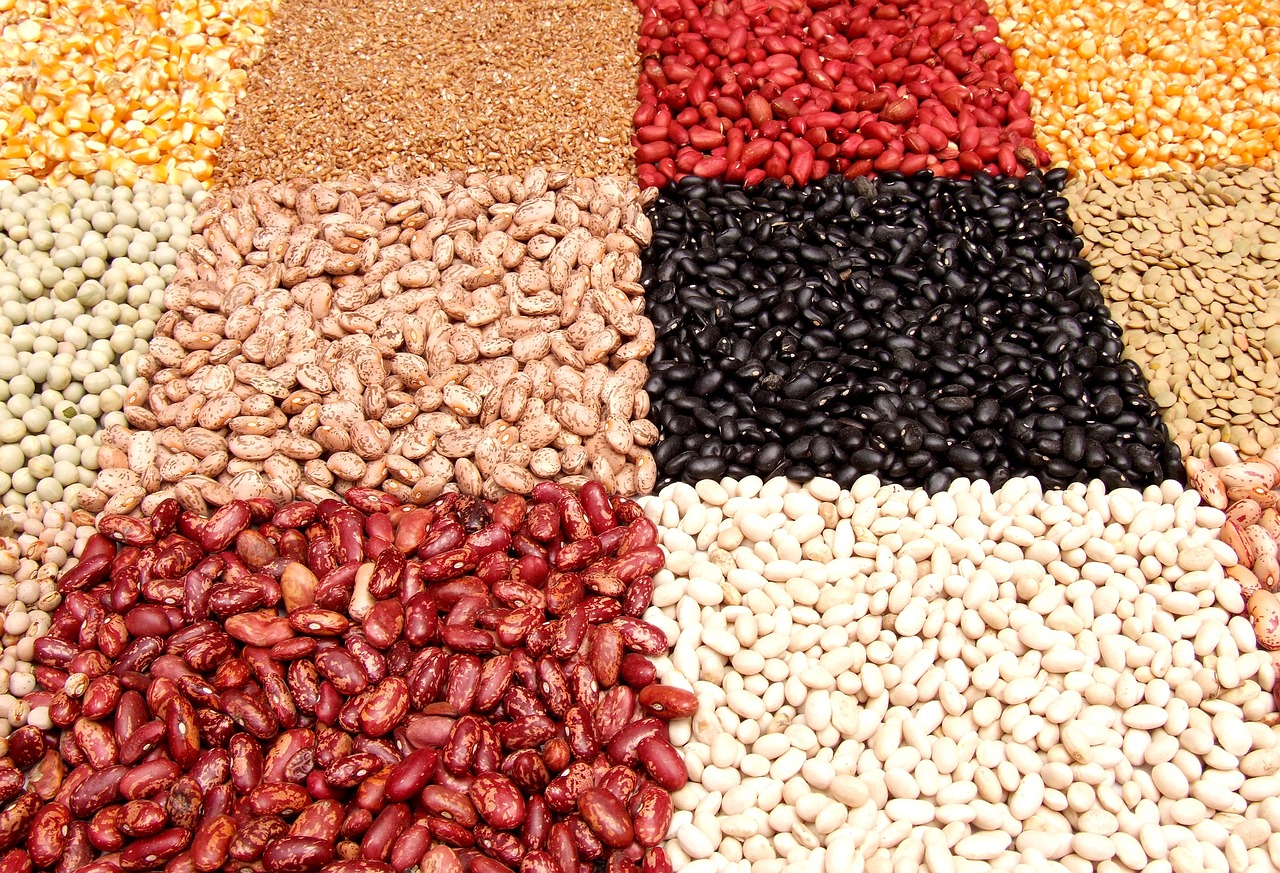
Beans, lentils, and chickpeas are nutritional powerhouses packed with both protein and Vitamin B1. These legumes provide a plant-based source of thiamine, making them ideal for vegetarians and vegans. Additionally, legumes are rich in folate, potassium, and zinc. Folate is essential for DNA synthesis and cell division, potassium regulates blood pressure and heart function, and zinc supports immune health and wound healing.
Pork:
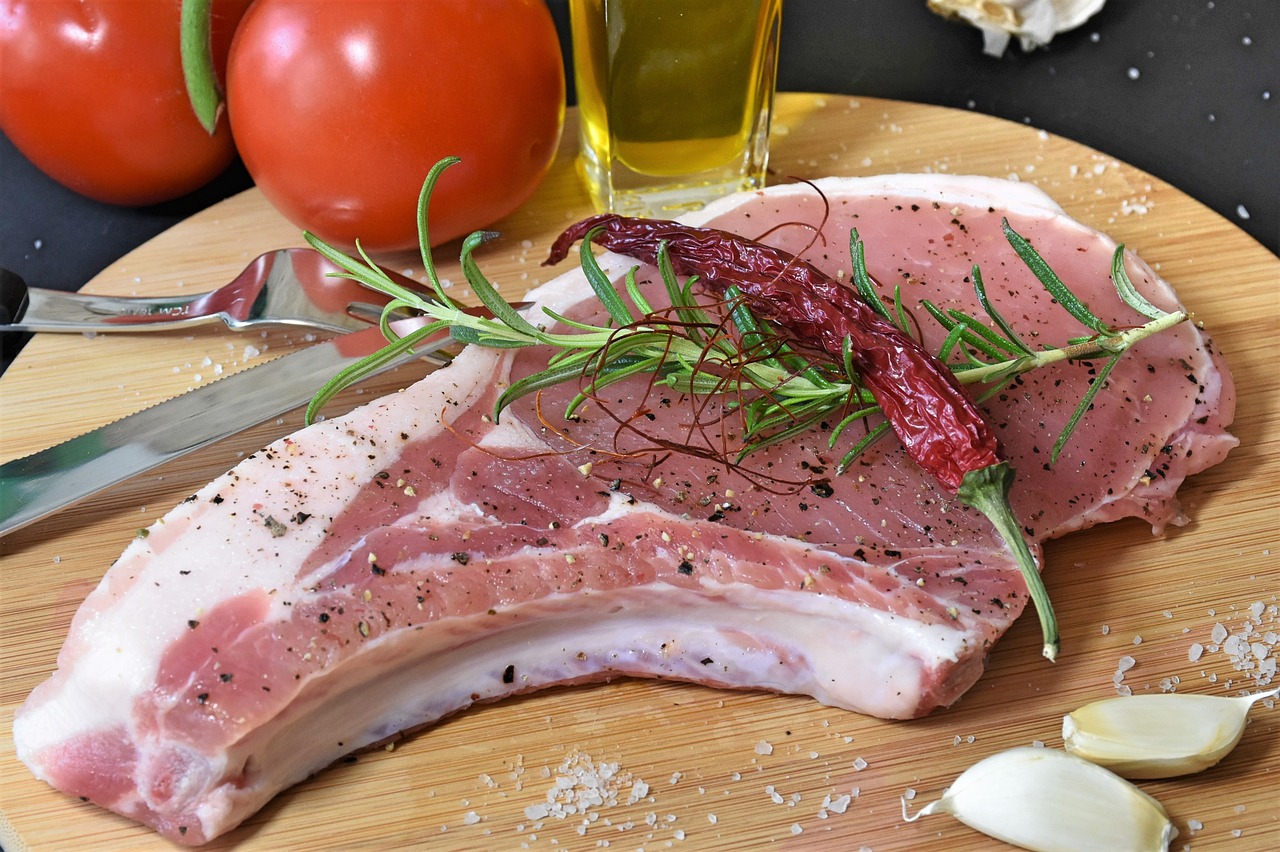
Pork, particularly lean cuts like pork loin and tenderloin, is a significant source of Vitamin B1. In addition to thiamine, pork offers protein, B vitamins, and minerals such as selenium and phosphorus. Selenium acts as a potent antioxidant, protecting cells from damage caused by free radicals, while phosphorus contributes to bone health and energy metabolism. Incorporating lean pork into your diet provides a flavorful way to boost your thiamine intake along with other essential nutrients.
Sunflower Seeds:
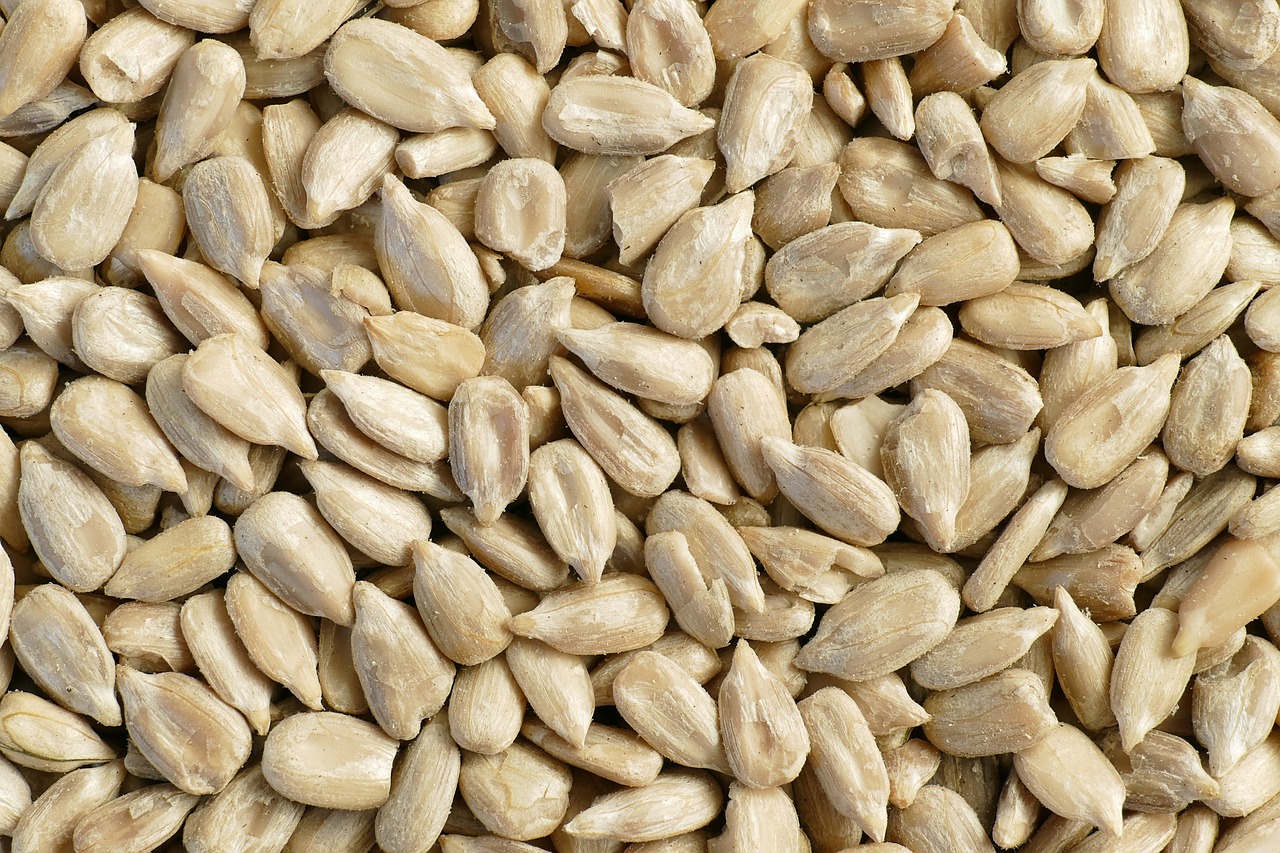
Sunflower seeds are not only delicious snacks but also dense sources of Vitamin B1. These crunchy seeds offer a convenient way to increase your thiamine intake on the go. Moreover, sunflower seeds are rich in Vitamin E, an antioxidant that supports skin health and immune function. Additionally, they provide magnesium, copper, and selenium. Copper aids in iron absorption and collagen formation, while selenium supports thyroid function and protects against oxidative stress.
Nuts:
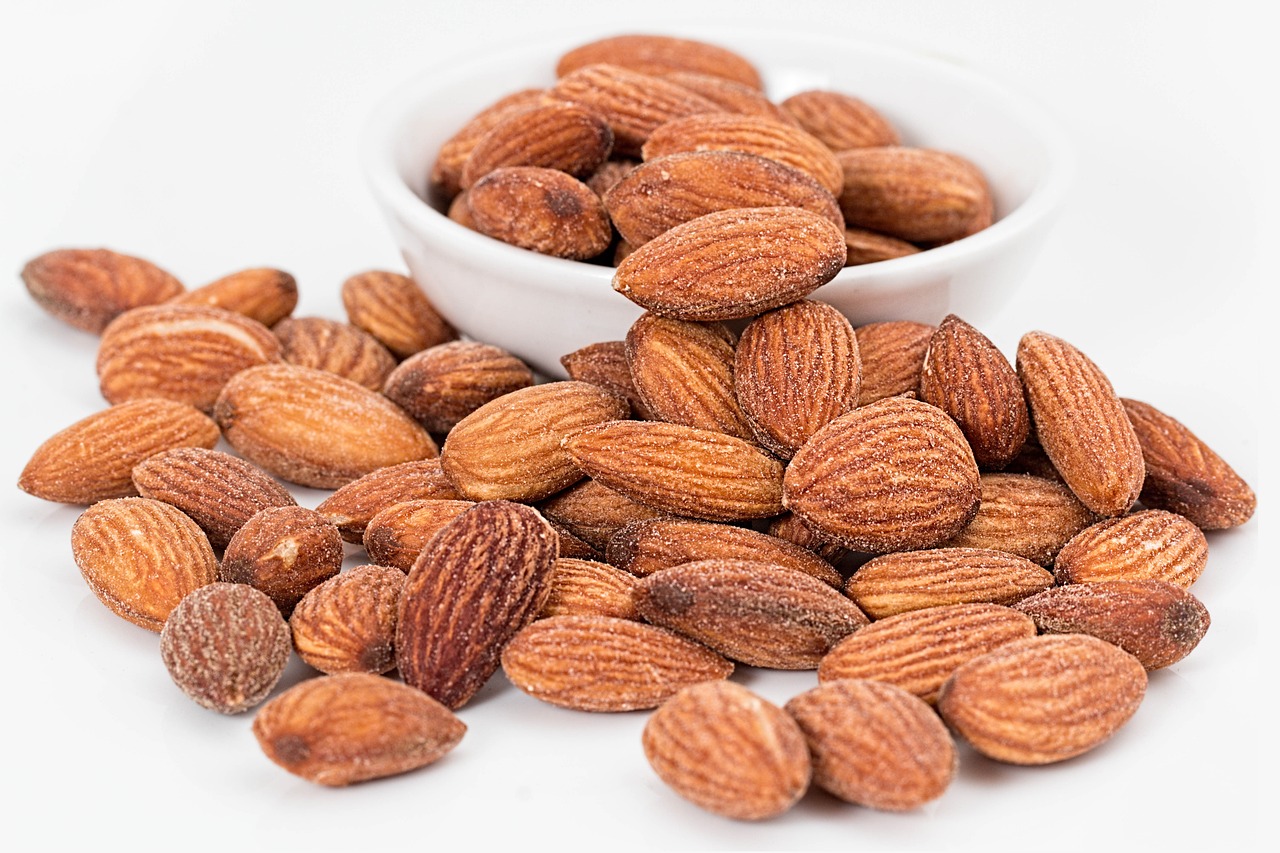
Various nuts, including almonds, pecans, and pistachios, contain significant amounts of Vitamin B1. Alongside thiamine, nuts provide healthy fats, protein, and a host of other essential nutrients. For example, almonds are rich in Vitamin E and calcium, supporting heart health and bone density, respectively. Pecans offer manganese and zinc, crucial for antioxidant defense and immune function. Pistachios provide potassium and fiber, promoting heart health and digestive regularity.
Fish:

Certain types of fish, such as salmon, trout, and tuna, are excellent sources of Vitamin B1. In addition to thiamine, fish offer high-quality protein and omega-3 fatty acids, known for their anti-inflammatory properties. Omega-3s support brain health, cardiovascular function, and joint mobility, synergizing with Vitamin B1 to promote overall well-being. Furthermore, fish are rich in selenium and iodine, essential for thyroid function and metabolism regulation.
Eggs:
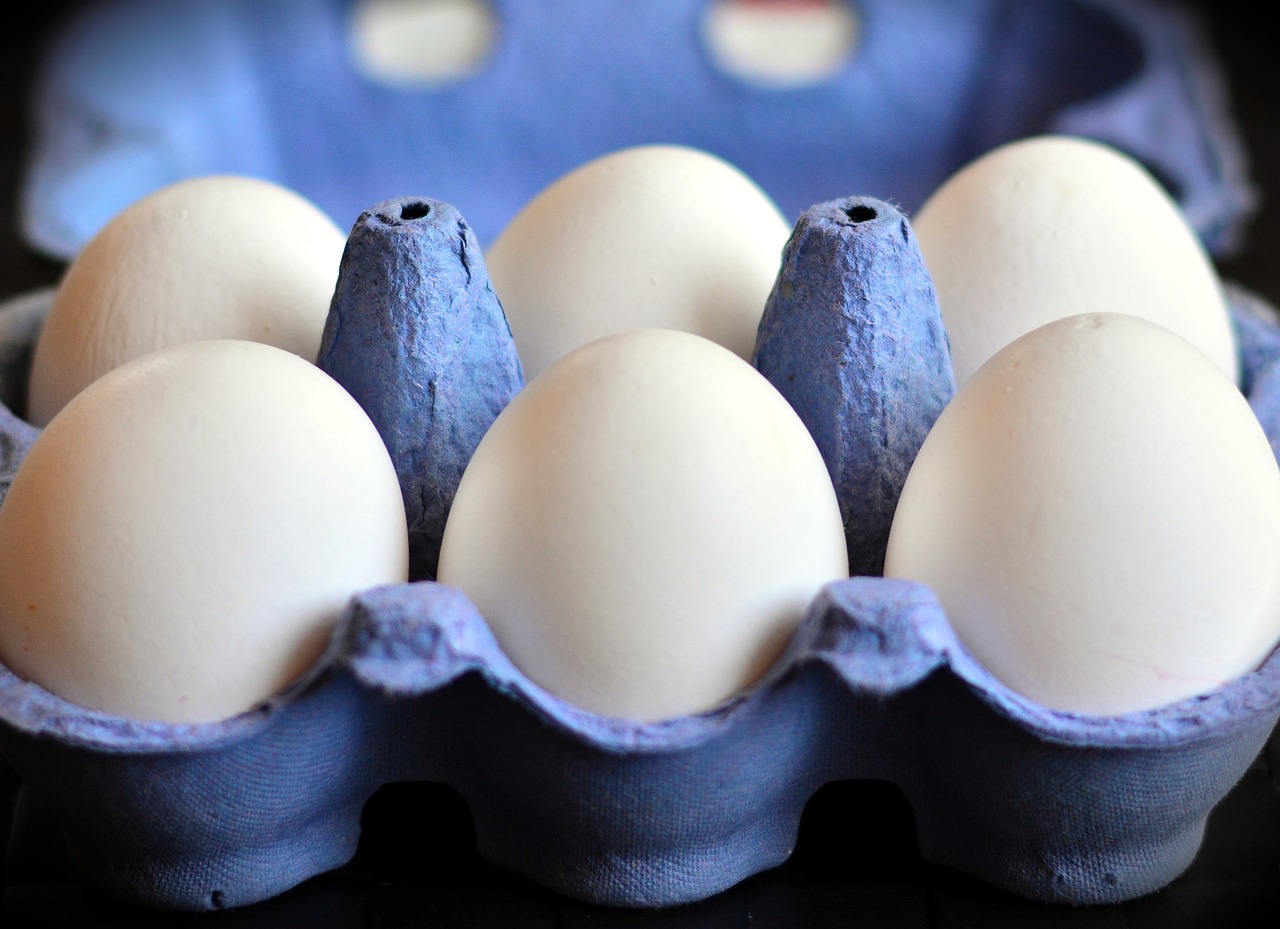
Eggs are nutrient-dense foods that provide a wide array of vitamins and minerals, including Vitamin B1. Egg yolks, in particular, contain thiamine, along with choline, biotin, and Vitamin D. Choline supports brain health and nervous system function, while biotin contributes to energy metabolism and skin health. Vitamin D plays a crucial role in calcium absorption and immune function, enhancing the nutritional profile of eggs beyond their thiamine content.
Green Peas:
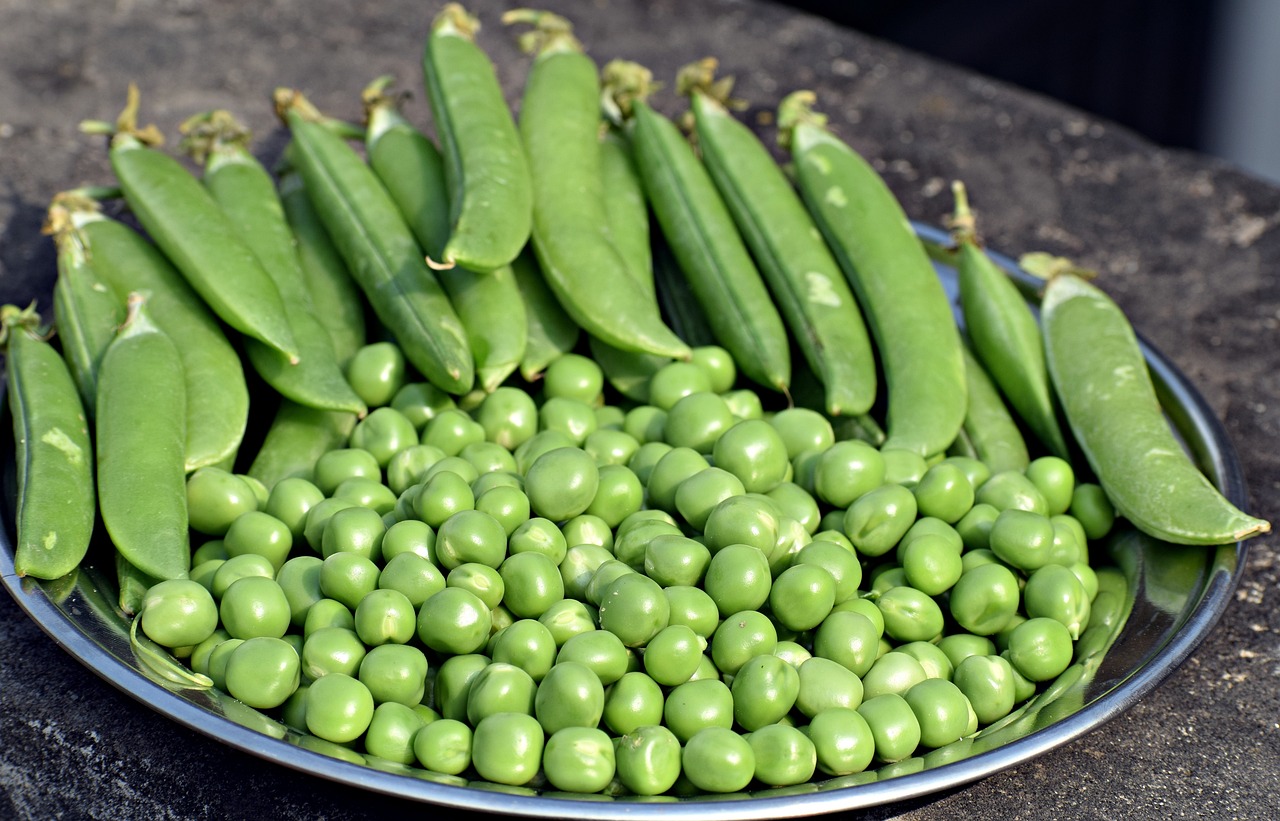
Green peas are versatile legumes that offer a substantial amount of Vitamin B1. These vibrant vegetables also provide fiber, protein, and other essential nutrients. Additionally, green peas are rich in Vitamin C, promoting collagen synthesis and immune function. They contain Vitamin K, essential for blood clotting and bone health, as well as folate, supporting DNA synthesis and red blood cell production.
Fortified Foods:
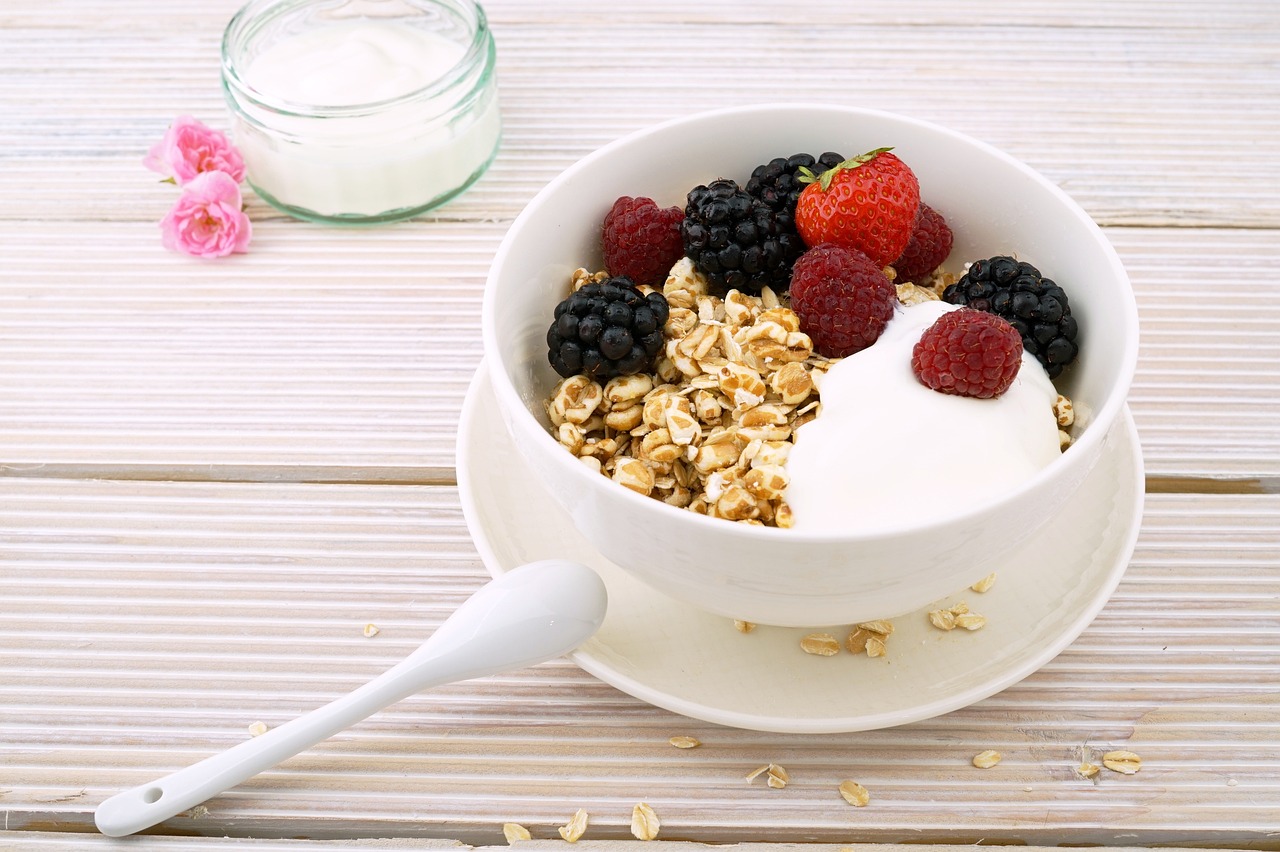
Many processed foods, such as breakfast cereals, bread, and pasta, are fortified with Vitamin B1 to help prevent deficiencies. While these fortified foods may not offer the same nutritional benefits as whole foods, they can contribute to thiamine intake, especially for individuals with limited dietary options. However, it's essential to prioritize whole, nutrient-dense foods whenever possible to maximize overall health and well-being.
Beef:
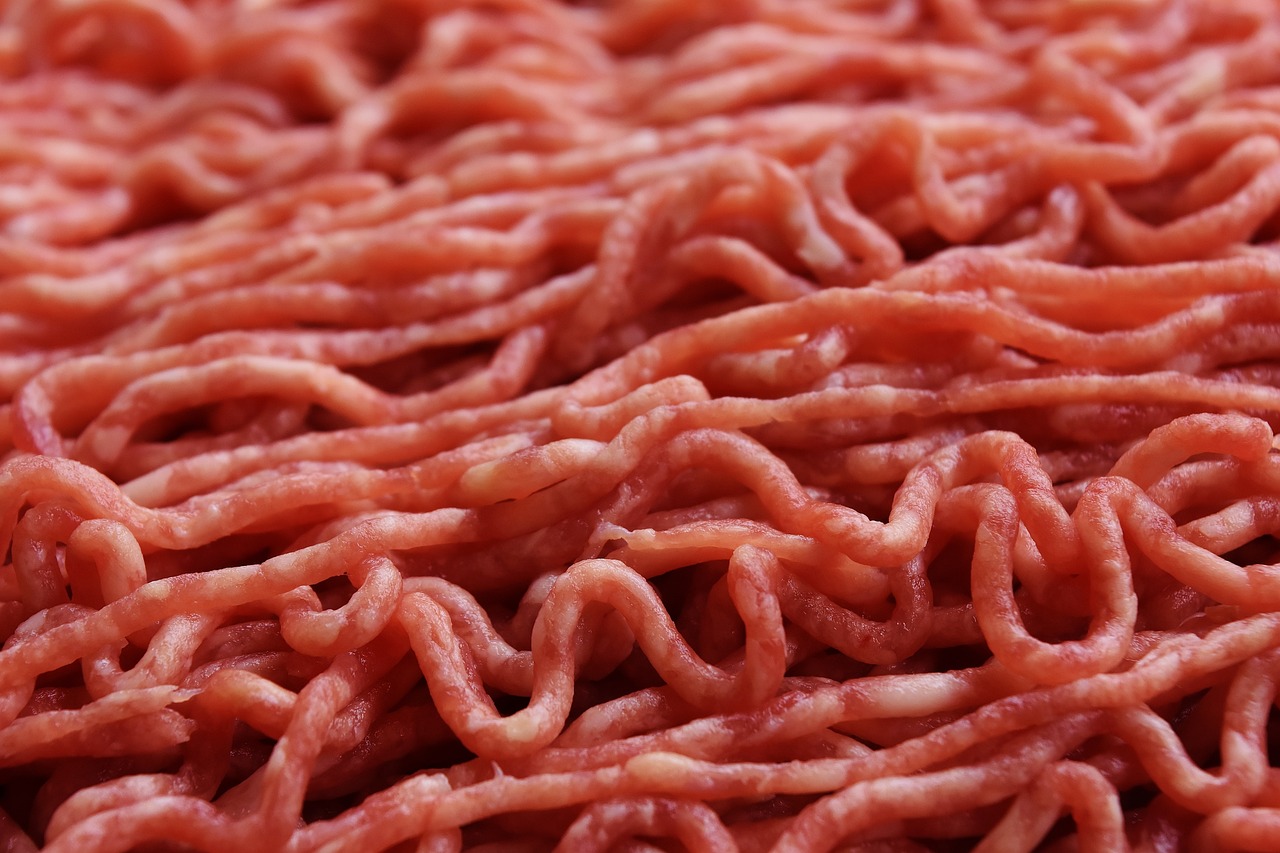
Beef, particularly lean cuts like sirloin and tenderloin, is a significant source of Vitamin B1. Alongside thiamine, beef provides high-quality protein, iron, and zinc. Iron is crucial for oxygen transport and energy metabolism, while zinc supports immune function and wound healing. Incorporating lean beef into your diet offers a flavorful way to increase your thiamine intake while reaping the benefits of other essential nutrients.
In Conclusion:
Ensuring an adequate intake of Vitamin B1 is essential for supporting nerve function, metabolism, and overall energy production. By incorporating the top 10 food sources rich in thiamine into your diet, along with their complementary vitamins, minerals, and antioxidants, you can optimize your nutritional intake and promote vitality and well-being.
Whether enjoying whole grains, legumes, lean meats, or nuts and seeds, these nutrient-dense foods empower you to unlock your full potential and thrive in every aspect of life.